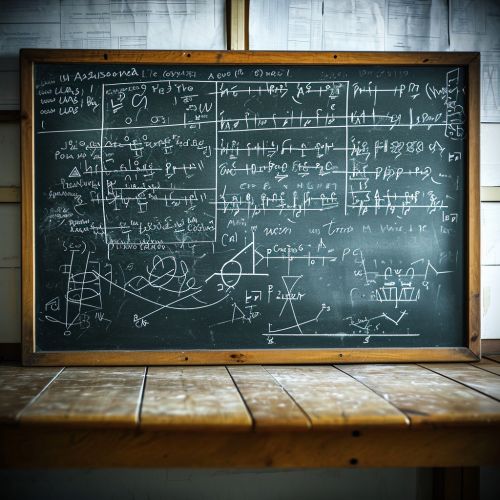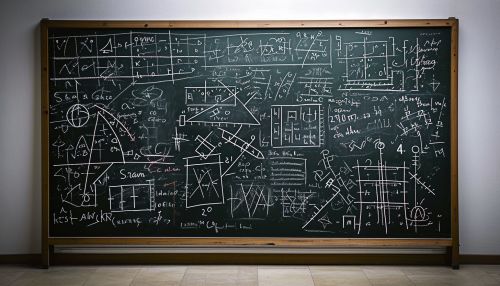Linear Algebra Discussion
Introduction
Linear algebra is a branch of mathematics that studies vectors, vector spaces, and linear transformations between vector spaces, such as rotating a shape, scaling it up or down, translating it (i.e., moving it), etc. It is a fundamental area of mathematics and is used in many areas of science, including physics, computer science, engineering, and social sciences.
Basic Concepts
Vectors
In linear algebra, a vector is an element of a vector space. It can be represented as a list of numbers, known as its coordinates or components. The dimension of the vector is the number of components it has. For example, a vector in three-dimensional space has three components.
Vector Spaces
A Vector space is a set of vectors that satisfy certain axioms, including closure under addition and scalar multiplication. This means that if you add two vectors together, or multiply a vector by a scalar (a single number), you get another vector in the same space.
Linear Transformations
A Linear transformation is a function between two vector spaces that preserves the operations of vector addition and scalar multiplication. This means that if you apply the transformation to the sum of two vectors, it's the same as if you applied the transformation to each vector separately and then added the results.
Matrix Theory
In linear algebra, matrices are used to represent linear transformations. A matrix is a rectangular array of numbers arranged in rows and columns. The numbers in the matrix are called its entries.
Matrix Operations
There are several basic operations that can be performed on matrices, including addition, subtraction, multiplication, and scalar multiplication. There is also a special operation called matrix inversion, which is the process of finding a matrix that, when multiplied with the original matrix, results in the identity matrix.
Determinants
The Determinant of a matrix is a special number that can be calculated from its entries. It has many important properties and applications, including providing a criterion for invertibility of a matrix, and a way to solve systems of linear equations.
Eigenvalues and Eigenvectors
An eigenvalue of a matrix is a scalar that, when a certain vector is multiplied by the matrix, results in a vector that is a scaled version of the original vector. This vector is known as an eigenvector of the matrix. The study of eigenvalues and eigenvectors is fundamental to many areas of linear algebra.
Applications of Linear Algebra
Linear algebra is used in many areas of science and engineering. Some of the most common applications include:
- Solving systems of linear equations. - Computer graphics, where linear transformations are used to manipulate images. - Machine learning, where vectors and matrices are used to represent data and perform calculations. - Quantum mechanics, where vectors and operators in a complex vector space are used to represent states and observables.
See Also
- Matrix (mathematics) - Vector (mathematics and physics) - Eigenvalue, eigenvector and eigenspace


